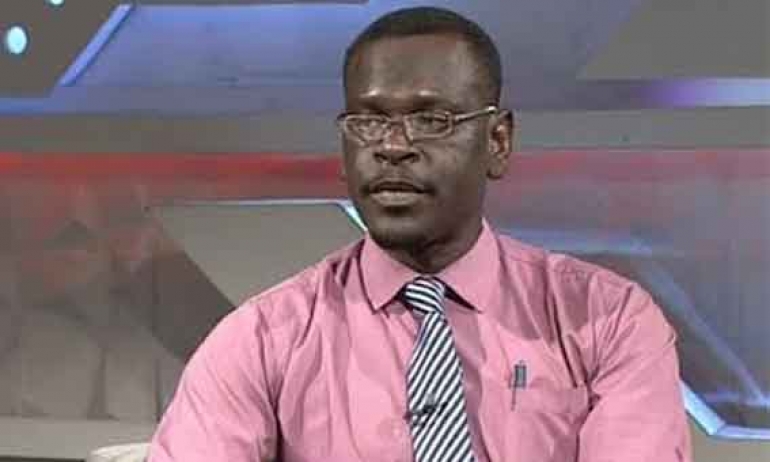The Sudanese Army: A Tight Military Strategy to Eliminate the Rapid Support Forces Militia

Dr. Hassan Shayeb Dengas
Since the rebellion of the Rapid Support Forces militia against the armed forces, the army has shown clear tactical and strategic capabilities aimed at containing the threat posed by the militia, which has committed severe violations against civilians and state institutions. Under the leadership of the Chairman of the Sovereign Council, General Abdel Fattah al-Burhan, the Sudanese army has reinforced its position as the shield of the Sudanese state from the dangers surrounding it. The Sudanese army has adopted a military strategy that combines direct military force with a commitment to minimizing civilian casualties, especially as the Rapid Support Forces militia has been stationed in residential areas. This strategy is implemented through focused air strikes targeting the militia’s gathering centers and heavy weapons stores, alongside key ground operations. The army has focused on a gradual control tactic to regain strategic locations and cut off supply lines to the militia. Additionally, the army has worked to gain the support of the Sudanese community through media messages that emphasize its commitment to civilian security, which has helped garner wide popular support for the military operations.
The army has adopted two main strategies to eliminate the Rapid Support Forces militia. The first is a military one, which involves tightly encircling the militia’s areas of influence gradually while targeting their logistical supply lines, depriving them of weapons and fuel. Joint forces played a significant role, especially in the Darfur region, with little regard for the militia’s geographical spread, as the army’s main goal was to destroy their military capabilities. This strategy fully achieved its objective. The second strategy was political, aiming to rebuild international alliances that safeguard and enhance Sudan’s national security, which is threatened by external interventions. The Sudanese armed forces sought to prevent foreign involvement that could prolong the crisis. However, the foreign dimension was present, with complaints submitted against the United Arab Emirates, supported by evidence and proofs of its logistical support for the militia and bringing in mercenaries from abroad. These complaints were presented to the Security Council, the United Nations, and the Arab League. Furthermore, all of Sudan’s seven neighboring countries, except Egypt and Eritrea, cooperated with the Rapid Support Forces in their war against Sudan. The Sudanese-Russian alliance also had a significant impact, as Moscow used its veto power against the British draft resolution against Sudan in November 2024. The Sudan-Russia alliance could shift the balance of power in the Horn of Africa and the surrounding region.
The Sudanese army’s military strategy clearly shows its determination to end the threat posed by the Rapid Support Forces militia while maintaining a united and stable Sudan. This is a key factor in shaping the future of Sudan, with hopes of restoring security and stability as soon as possible, after the army lifted the siege on the General Command and the Signal Corps and entered the Jili Refinery. Now, the liberation of Khartoum, along with the Kordofan and Darfur states, is only a matter of time.



